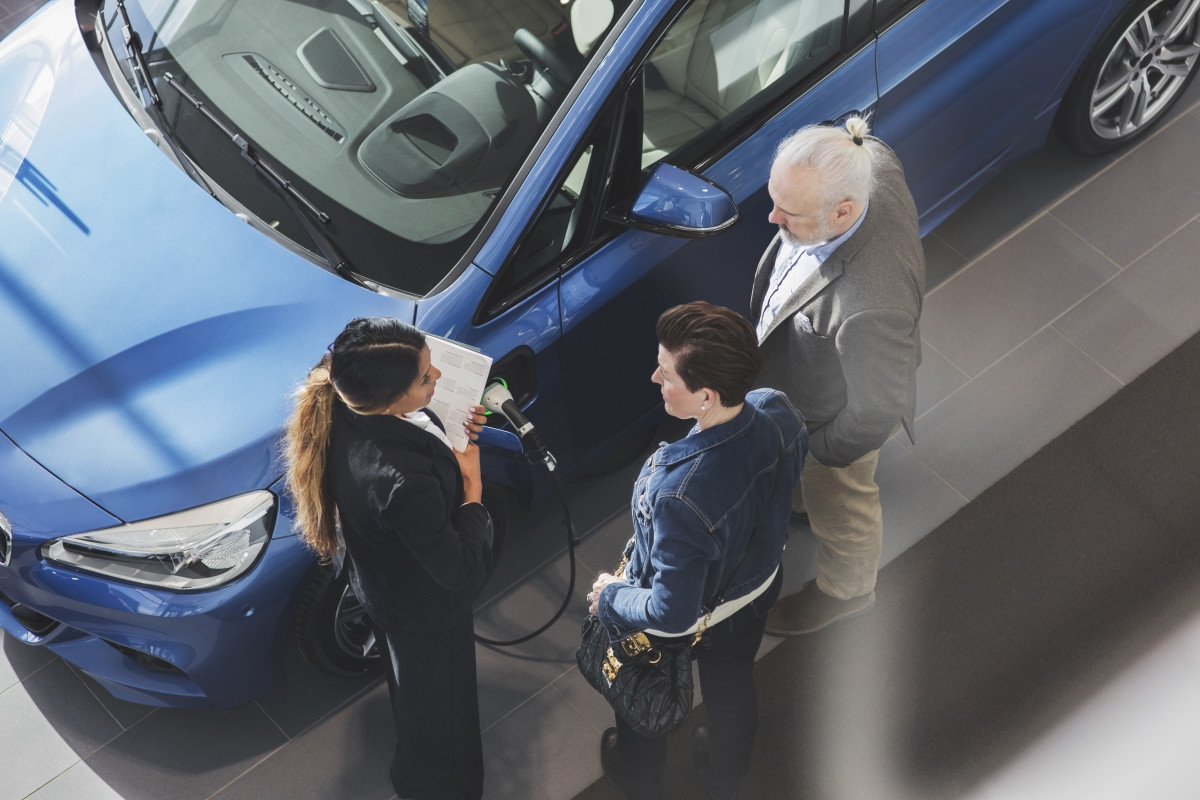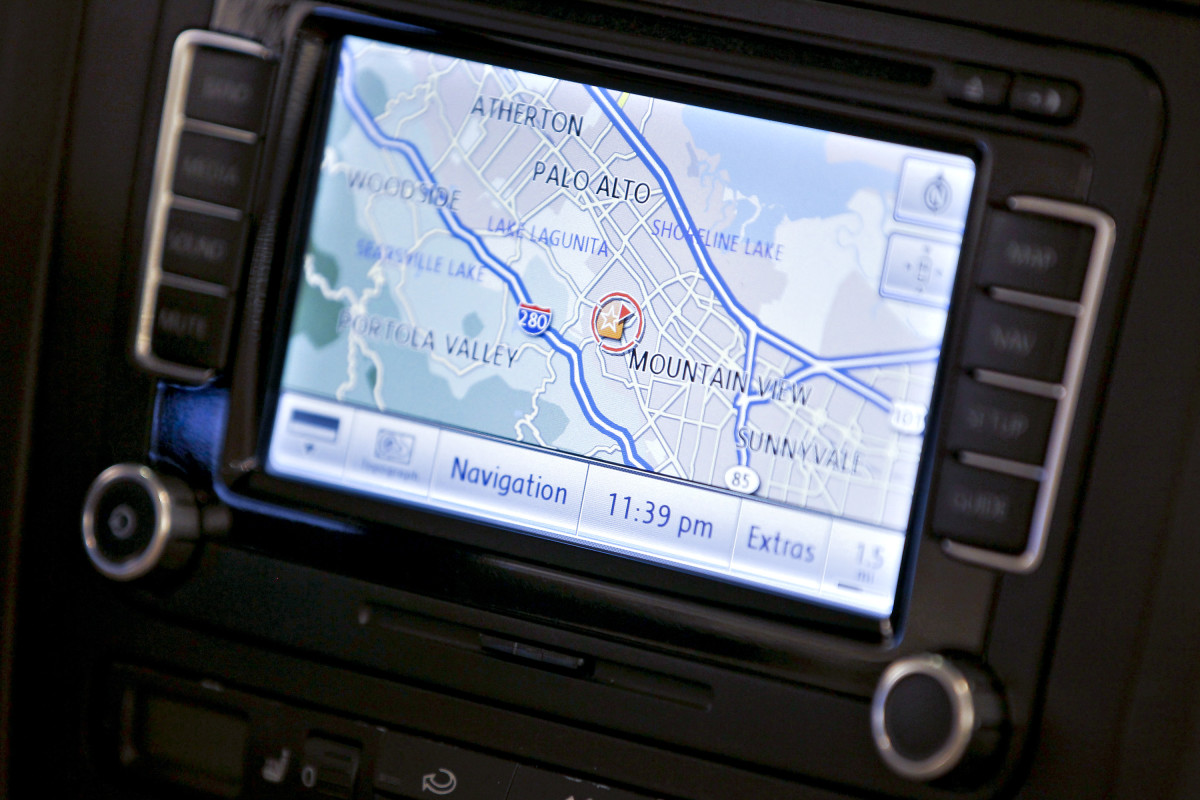
There are a few fears I have in my life. I despise insects of all sorts, no matter how pretty and colorful they are. I fear walking in the woods at night, flying on a Boeing airplane, swimming in a river in Australia, meeting Beyoncé, calling my mom by her first name, and God.
But never in my life would I think that walking inside of a car dealership by myself as a first-time buyer and as a 20-something-year-old woman, who’s knowledge about cars mainly comes from Google, would be added to my list of my top fears. To a car salesperson, I’m fresh meat.
The shady sales tactics I encountered while car-buying
The manipulation at a car dealership starts when you first walk through the door. The first thing I noticed was the long wait to be assigned to a salesperson. I was seated in a waiting area for at least a half an hour and would occasionally notice the constant lurking of other salespeople as they walked past me.
Little did I know that the waiting game is sometimes a tactic car salespeople use to drag out the process and exhaust customers, hoping that they would be more anxious to make a buying decision just to relieve themselves from the stress of the car-buying process.
Related: A new federal rule is about to make car buying a lot less expensive
When I was finally assigned to a salesperson, in the beginning of our conversation, he informed me that “buying a car is the second most important purchase from buying a house,” which is a cliché line that is often used by car salespeople to make you feel like your interests are their top priority.
I told the salesperson what car I was interested in acquiring, which I first spotted online before going into the dealership, and he informed me that the vehicle was currently in transit, and that they didn’t know when it would arrive. The salesperson then expressed that he would be more than happy to show me other options that were available and that they were essentially the same car model, but with different features – a classic bait-and-switch tactic.
The famous bait-and-switch tactic is when an item/good is advertised for a low price, but when you visit the seller to inquire about it, it’s mysteriously unavailable, and they will instead aggressively try to sell you a more expensive item.
Sales tactics like these are illegal, and it is something that the Federal Trade Commission has recently cracked down on by finalizing a new rule called Combating Auto Retail Scams. The rule bans dealers from using this tactic when it relates to “the cost of a car or the terms of financing, the availability of any discounts or rebates, and the actual availability of the vehicles being advertised,” according to a press release. The rule will go into effect on July 30, 2024.
After a tour of the lot and a test drive, I was finally quoted for one of the cars. I knew that the “different features” would cost extra, but not $100 a month extra.

I then remembered the advice that a family member once gave me about negotiating the price of a car; “don’t be afraid to walk away.” That’s exactly what I aimed to do. I informed the salesperson that I have no problem waiting for the cheaper version of the car I wanted to arrive at the dealership, because that quote was out of my price range.
This is when the negotiation process became more aggressive. “What can we do to make you buy this car today?” asked the salesperson. I responded by saying that the price was much higher than what I had expected it to be. So he went to the back to speak with his manager to see what they could do, and the wait was headache-inducing. After about 25 minutes, the salesperson reappeared, this time with his manager, and both ask me why I didn't want the car. In my head, I thought, in my best Chris Tucker voice, “The price is too high, do you understand the words that are coming out of my mouth?!”
After a few minutes of back and forth, and me standing firm on my word, I eventually walked away and told them that they will have a deal when the cheaper car is finally in their possession.
About one day later, I received an update via email on the timeframe the cheaper vehicle will arrive at the dealership, along with an official quote on what the monthly price of the car would be, which included a breakdown of what I’m actually paying for every month, and I noticed some suspicious details. I was being charged monthly for “dent protection” and “appearance protection,” two things that were essentially unnecessary as car insurance would already cover a vehicle from that type of damage.
Adding unnecessary add-ons into purchasing agreements is another tactic that dealers use to tack on hidden fees, and it is one that will also be made illegal under the FTC’s CARS rule.
Once I fought to get both of those add-ons removed from the contract, and applied for a few discounts to lower the monthly price for the vehicle. The first beast in my car-buying experience was tackled.
When car insurance shopping turns dark
The next headache was finding the right car insurance company to cover my vehicle which came with its own bag of tricks, especially since I am a new driver, and I live in the state of Florida.
In 2022 and 2023, a chunk of insurance companies, such as All State, AAA and Farmers Insurance, decided to make a grand exodus out of the Sunshine State due to the tense environment for insurers. Some of the reasons include the state’s high storm risk and skyrocketing insurance fraud numbers.
Many Floridians like myself now have slim options when it comes to picking an auto insurance company to cover a vehicle, and the insurance companies that remain in the state seem to use that to their advantage.
A plethora of insurance companies I contacted to receive a quote for my vehicle were charging me an amount that was well above the average of what it should have cost, even for a new driver like myself. When I tried to inquire about additional discounts to help chop down the monthly rate, one insurance company informed me of an option that would save me roughly $30 a month. All I had to do was enroll in its “DriveEasy” program which would track my driving via an app I had to download on my phone. It would score my driving based on the quality of my braking and acceleration, smoothness, cornering, how often I use my phone while driving, where I’m driving to, etc.

At the time, I didn’t think much of it as I knew I was a pretty decent driver. Also, a lower monthly rate is a hard offer to pass, so I enrolled in the program only to find out later that it could have a negative impact on my car insurance rates with my current or any future insurance company I choose to sign up with, according to a recent report from The New York Times.
The report also reveals that any incident of harsh braking or acceleration, etc. can hike up your monthly insurance rate, regardless if you get into a car accident or not. By giving auto insurance companies the power to track your driving, in the fine print, you are also giving them the thumbs up to share your information with data brokers such as LexisNexis and Verisk. These brokers use the information to create a “risk score,” and sell it to other car insurance companies who request it, so your driving habits literally follow you everywhere you go.
What’s even more disturbing is that sometimes you don’t even have to sign-off with an auto insurance company to have your driving tracked, major automakers such as General Motors (GM) , Ford (F) , Kia, Subaru, etc., already do it for you while you use the internet-enabled features in their cars, according to the Times’ report.
Now that I look back on my entire ordeal with car-buying and auto insurance shopping for the first time, I realize that walking away from a deal that doesn’t serve you is the best thing you can do. And, of course, this: Reading the fine print before giving a corporation permission to stalk you is probably a good idea.







